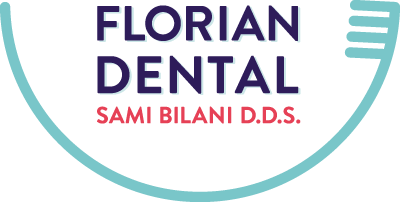Nutrition is the process by which living things use food to obtain nutrients for energy, growth and development, and maintenance. Energy is the ability or power to do work. Nutrients are biochemical substances that can be supplied only in adequate amounts from an outside source, normally from food. One aspect of nutrition is the integration of physiological and biochemical reactions within the body:(1) digesting food to make nutrients available, (2) absorbing and delivering nutrients to the cells where they are used, and (3) eliminating waste products.
Nutrition is relatively new science and still an evolving discipline. People want science to be definitive; they become confused and concerned when scientific research challenges what the public assumes to be factual. In nutrition, something that is considered to be true today may be disrupted by future research refuting established beliefs. In many cases, the media exacerbates this situation by highlighting findings from from a new research study that cannot be reproduced in further research. Psychological and social factors that enter into frequent decisions concerning food choices are also important aspects of nutrition. Freedom of choices are also important aspects of nutrition. Freedom of choice and variety in consumption are important components of an individual’s personal and social life. Tastes, budget, environment, and cultural attitudes influence food choices. The systemic and environmental effects of nutrients, which are determined by these food choices, affect dental health.

